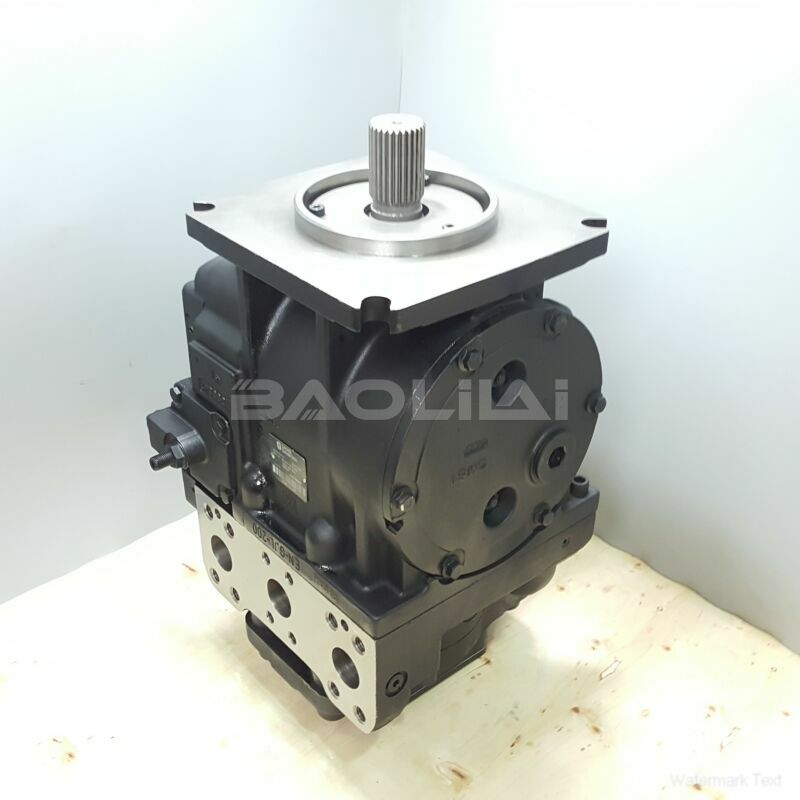90R130KN5BC80S3C8H03GBA424224 sauer danfoss pump
90R130KN5BC80S3C8H03GBA424224 sauer danfoss pump

- Product Details
- Applicable Scene
Efficient water distribution is fundamental to modern urban infrastructure, agricultural activities, and industrial processes. At the heart of these systems lies a crucial component: hydraulic pumps. Hydraulic pumps play an essential role in ensuring that water is moved effectively from sources to end-users, overcoming various challenges such as distance, elevation, and varying consumption patterns. This article explores the significance of hydraulic pumps in water distribution systems and their contribution to overall efficiency.
90-R-130-KN-5-BC-80-S-3-C8-H-03-GBA-42-42-24
90R130KN5BC80S3C8H03GBA424224
One of the primary functions of hydraulic pumps is to generate the necessary pressure to move water through pipelines. Water distribution systems often require the transportation of large volumes of water over extensive networks that may include pressurized mains and gravity-fed lines. Hydraulic pumps are designed to accommodate these demands by converting mechanical energy into hydraulic energy, which facilitates the movement of water from a high-pressure zone to a low-pressure zone. This capability is particularly critical in areas with significant elevation changes or sprawling geographic layouts.

83020997
Moreover, the efficiency of water distribution systems heavily relies on the selection of appropriate hydraulic pumps. Different types of pumps, such as centrifugal and positive displacement pumps, have distinct operational characteristics that make them suitable for various applications. For instance, centrifugal pumps are commonly used for low-viscosity fluids in large volumes, while positive displacement pumps are more effective for higher viscosity fluids in smaller operations. The right choice of pump ensures that energy consumption is minimized, thereby lowering operational costs and reducing the environmental impact associated with water distribution.
In addition to the selection of pumps, the integration of advanced technologies enhances the performance of hydraulic pumps in water distribution systems. Modern hydraulic pumps are often equipped with smart controls and sensors that enable real-time monitoring and optimization of water flow and pressure. These innovations allow for timely adjustments based on demand fluctuations, leak detection, and maintenance needs. Consequently, energy waste is reduced, and the overall reliability of the water distribution system is improved.





